
Read or listen offline
Amazon KindleRecommendation
The clash between Russian and Western views on sovereignty and democracy came to a head with two events: Russia’s annexation of Crimea in 2014, and its subsequent support for separatist rebels in Ukraine. In Russia’s view, Ukraine’s movement toward European Union membership imperiled Russian security and regional influence. Russian officials protest NATO’s eastward enlargement and view the alliance as a threat to their nation’s security. Russia participates in certain Western institutions – such as the United Nations, International Monetary Fund and World Trade Organization – but its opposition to the international order has increased since the 1990s. Russia undermines elements of the order as it develops new institutions and agreements as alternatives to Western options. Russian officials and analysts increasingly express the view that the US-led international order endangers Russian interests and security. RAND Corporation researchers Andrew Radin and Clint Reach explore why Russia regards the international order as inimical to its interests. They also outline alternatives for US policy makers, who must weigh the importance of long-held liberal values against the benefits of cooperation with Russia. getAbstract recommends this lucid report.
Summary
About the Authors
Andrew Radin, lead author, is a political scientist at the RAND Corporation. His work at RAND focuses on European security, Russian political warfare, the threat of hybrid warfare in the Baltics, and the political, economic and military vulnerabilities of Europe. Clint Reach is a researcher for the RAND Corporation.









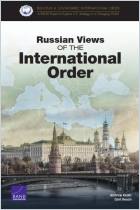
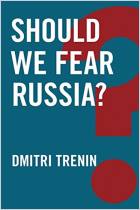
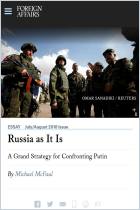
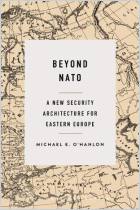
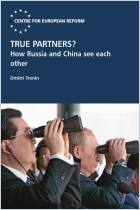
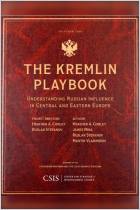


Comment on this summary or Начать обсуждение